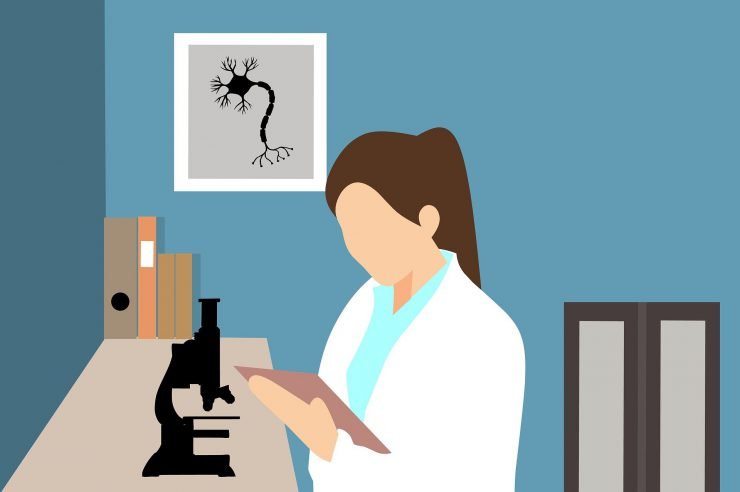On February 11 we celebrate the International Day of Women and Girls in Science, an event wanted by the UN since 2015. Aim of the day is to highlight the role women and girls have in science all over the world. Even one of the Sustainable Development Goals of the Agenda 2030 is about Gender equality: the mission of Goal 5 is «achieve gender equality and empower all women and girls».
Since bioeconomy is also a pillar of Agenda 2030, we’d like to dedicate a tribute to all women and girls scientists who are making the bioeconomy happen all around the world. Strengthening the position of women in bioeconomy is a joint responsibility and a key factor in regard to the success of the transition to a more sustainable lifestyle. There are so many active women in the bioeconomy sector but we can profile just few of them.
4 women scientists working in the bieconomy field
Rebecca Pogni is an Associate Professor of Physical Chemistry at the University of Siena. She is the coordinator of the Fish4Fish project. The FISH4FISH project aims to produce innovative active and sustainable packaging material based on chitinolytic derivatives, using marine biomass wastes. Such packaging enhance fish shelf-life and, once it is wasted, it can be used as fertilizer and microbial preservatives for plants. Elena Ciani is an Animal Breeding and Genetics researcher and Associate Professor at the University of Bari. Her research interests traditionally focus on POPULATION GENETICS/GENOMICS applied to livestock species. She’s currently working on several initiatives related to the Wool Value Chain.
Valérie Guillard is pHD in Food Process Engineering at the Université de Montpellier. She is working at the Eu funded project Glopack, which aims to investigate food packaging solutions with no environmental footprint and the ability to extend the shelf life of food products. The project is focusing on three food packaging areas: biodegradable materials made from agro-food residues; active packaging to improve food preservation and shelf life without additives; RFID enabled wireless food spoilage indicators linked to food date labels
Beatriz Noya-Mariño, PhD in Organic Chemistry at the University of Santiago de Compostela, Spain. She is working at the EU-funded project Glaukos, that aims to develop innovative and environmentally sustainable fishing gear and clothing.

